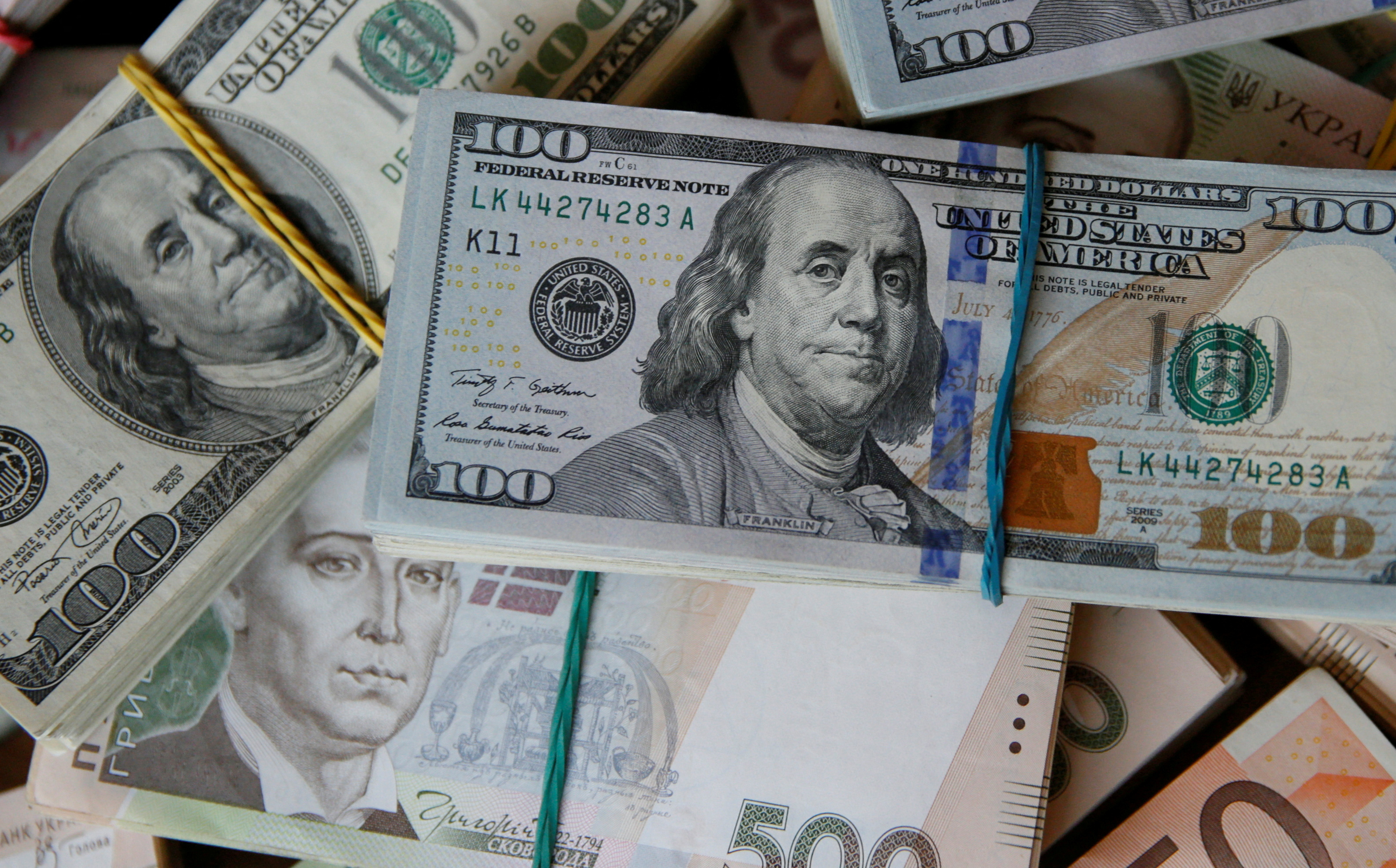Ukraine’s central bank devalued the hryvnia currency by 25% against the U.S. dollar on Thursday to help the country cope with the growing economic impact of the war with Russia.
The National Bank of Ukraine (NBU) said in a statement that it had set the new hryvnia rate at 36.5686 to the dollar compared with the previous rate of 29.25 set at the start of Russia’s invasion nearly five months ago.
The bank said it had acted “in view of the change in the fundamental characteristics of Ukraine’s economy during the war and the strengthening of the U.S. dollar against other currencies.”
“This step will improve competitiveness of Ukrainian producers, converge exchange rate conditions for different groups of businesses and households, and support the resilience of the economy during the war,” it said.
NBU Governor Kyrylo Shevchenko said the new level of the exchange rate “will become the anchor for the economy and make it more resilient at the times of uncertainty.”
“Keeping the exchange rate fixed will enable the NBU to maintain control over inflation dynamics and support uninterrupted functioning of the financial system,” he said. “This is the key condition for the stable operation of the economy, which is vital during the war.”
The bank said changing the exchange rate would increase inflows of foreign currency by exporters and minimise the “speculative behaviour of market participants”.
REQUEST TO CREDITORS
The devaluation comes a day after Ukraine asked its creditors for a two-year payment freeze on its international bonds in an attempt to focus its dwindling financial resources on repelling Russia.
At the end of 2020, Ukraine had $130 billion in external debt outstanding, according to World Bank data.
Ukraine has earmarked nearly $20 billion in international dollar and euro-denominated bonds maturing from 2022 to 2030 to be subject to the debt freeze.
Because of the effects of the war, Ukraine’s economy is expected to contract in the range of 35-45% for 2022.
Ukraine has estimated the costs of the war combined with lower tax revenues has left a $5 billion-a-month fiscal shortfall – or 2.5% of pre-war GDP. Economists calculate that pushes the annual deficit to 25% of GDP, compared with just 3.5% before the conflict.
Researchers from the Kyiv School of Economics estimate that it will already take over $100 billion to rebuild Ukraine’s bombed infrastructure, and the head of the European Union’s financing arm, the European Investment Bank, has said it could run into trillions.







Click here to change your cookie preferences